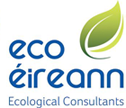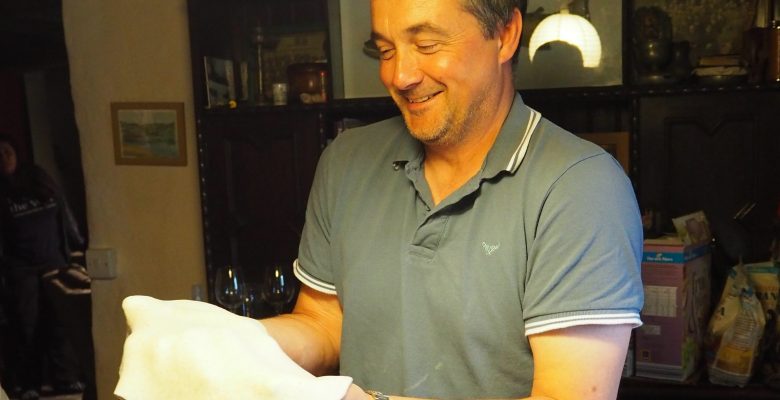Following the introduction of our ‘Meet the Team‘ page comes our mini blog series. Hear personally from our team members about their roles at EcoNorth and more. This week, meet Mark Middleton, Senior Ecologist.
Tell us a bit about yourself
I’m originally from Northumberland and, after a time away in education and various jobs, I returned to North East England and now live in Whitley Bay (which has finally had the lick of paint that it deserves and is now a canny place to be). Outside of work, I’m interested in wildlife watching, photography and hill walking. Unfortunately, I get to do none of this on a regular basis as I’m usually playing taxi driver, shopping, fixing stuff or standing on the side of a football pitch in the wind and rain like all the other parents!
Summarise your role at EcoNorth
I’ve been with EcoNorth for five years and am currently employed as a Senior Ecologist. In this role I am required to undertake a wide range of ecological surveys to a high degree of competency, evaluate and assess the results and relate this information to clients, colleagues and consultees with confidence and clarity. I am involved in the project management of a range of small to large projects, typically at the same time. Organisational skills and the ability to prioritise and deliver on tight deadlines are therefore key. I tend to take the lead on projects that involve upland habitats and, if I’m lucky, great crested newts. I also mentor and train more junior members of staff in various survey and evaluation techniques.
What got you into Ecology?
Aside from being a failed art student, I’ve always had an interest in the natural world, wildlife and ecology. This was inspired by my family (especially my Grandfather), natural history programmes on TV and various books. When environmental issues were prominent in the late eighties, it seemed like an interesting, rewarding and ‘proper’ career. I successfully earned a relevant three year degree course in Liverpool and started from there. It took a further year of voluntary work on a nature reserve and another year completing a diploma in conservation before I got my first job in ecology. I spent quite a bit of time as a Freelance Ecologist in some ‘wonderful’ far flung places (names withheld to protect the residents) but actually working now with the EcoNorth team has been a positive move for me.
What do you most like about working as an Ecologist Consultant?
I particularly enjoy the varied nature of my role; I can be out surveying breeding birds on a spring morning then working on a management plan for a nature area in the afternoon, followed by overseeing habitat creation or mitigation works on a construction site the next day. I have worked on some major and complex projects which can be absorbing and challenging and provide significant learning opportunities. I also tend to meet fascinating people in the world of ecology, whether that is colleagues I work with or clients I work for.
Describe the project you have worked on that you are proudest of. What did you do that worked out particularly well?
Ecology consultancy work can be very rewarding if everything falls into place, which it does on occasion! I have worked on several habitat management and enhancement schemes, one of which has been running for over fifteen years on a blanket mire site. This particular scheme has flourished with a number of positive enhancements to the site, including a general re-wetting of the mire habitat and the return of breeding waders and other wildlife. Working with receptive clients, I enjoy identifying opportunities for creating and enhancing opportunities for wildlife. This can include anything from individuals wanting to attract a bit more nature to their garden, to large scale modification in farming and management practices on country estates. Being part of a successful and well received project is rewarding itself but I’m also proud of the fact that, as a surveyor, I’ve discovered ‘new’ populations of water vole and great created newts which have then been protected from harm.
What do you see for the future?
In the future, I aspire to do more training and mentoring of new staff coming through the ranks whilst still being able to undertake a wide variety of surveys. I would welcome the opportunity to take new projects through from inception to completion, especially those on a large scale which have significant ecological gain. I’m also aiming to increase the number of licences I have to work with protected species as this is increasingly required in ecological consultancy.
Finally, what advice would you give to anyone starting out?
Enthusiasm, commitment, flexibility, consistency and resilience are pre-requisites for a career in ecological consultancy, as is the willingness to learn and adapt. A solid background in ecology, whether that is from a practical or academic route, is essential and an eye for detail is important. Experience of practical conservation or ecology is extremely useful for someone starting out. It goes without saying that having a sense of humour, being able to cope with 20 hour working days during the survey season and making a decent cup of tea for your colleagues are required.

